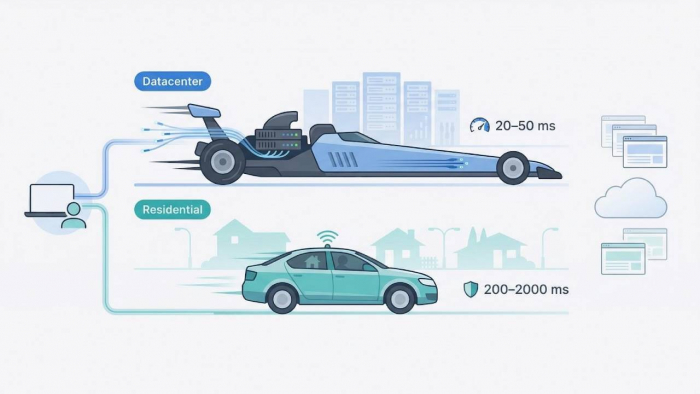Artificial Intelligence (AI) pricing tools have emerged as a transformative force, empowering retail businesses to make smarter, data-driven decisions that significantly enhance their competitiveness. With AI, retailers can optimise their pricing strategies in real-time, respond effectively to market dynamics, and ultimately boost their bottom line.
Harnessing the Power of Dynamic Pricing
One of the most significant advantages that AI tools like Retail Express offer is the ability to implement dynamic pricing. Unlike static pricing models, which can quickly become outdated, AI algorithms can analyse vast amounts of data in real-time, including competitor pricing, consumer demand, inventory levels, and even external factors like seasonal trends or weather forecasts. This allows businesses to adjust prices fluidly. For instance, during periods of high demand or for popular items, prices can be optimised to maximise revenue, while during slower periods or for items with high stock levels, prices can be adjusted to stimulate sales and clear inventory. This responsiveness ensures retailers are not leaving money on the table or missing out on potential sales due to uncompetitive pricing.

Enhancing Profit Margins Through Optimisation
AI-driven pricing is not just about reacting to the market; it's about proactively optimising for profitability. These sophisticated tools can identify the optimal price points for individual products by analysing detailed sales data and market trends. This means retailers can avoid under-selling valuable items or overpricing products and deterring customers. By finding the sweet spot that maximises both sales volume and profit per item, AI helps businesses to significantly improve their overall profit margins.
Gaining a Competitive Edge with Market Insights
Understanding competitor behaviour is crucial in retail. AI pricing tools excel at monitoring competitor pricing strategies in real-time. This constant surveillance allows businesses to make informed decisions about their own pricing, ensuring they remain attractive to consumers while maintaining healthy margins. Beyond just price tracking, AI can analyse broader market trends and predict shifts in consumer demand, enabling retailers to anticipate changes and adjust their strategies proactively. This foresight provides a distinct competitive advantage, allowing businesses to be leaders rather than followers in the market.
Improving Inventory Management and Reducing Waste
Effective pricing is intrinsically linked to efficient inventory management. AI pricing tools can help retailers optimise stock levels by predicting future demand with greater accuracy. By understanding which products are likely to sell and at what price points, businesses can reduce overstocking, which ties up capital and can lead to costly markdowns on unsold goods. Conversely, it can also help prevent stockouts of popular items, ensuring customer satisfaction and avoiding missed sales opportunities. For businesses dealing with perishable goods, AI-driven dynamic pricing can be particularly beneficial in reducing waste by adjusting prices as items near their expiry dates.
Personalising the Customer Experience
Personalisation is key. AI pricing tools can contribute to a more personalised shopping experience by enabling tailored offers and promotions. Analysing individual customer data, such as purchase history and browsing behaviour, means AI systems can identify opportunities to present customised discounts or deals that are more likely to convert. This not only boosts sales but also enhances customer loyalty by making shoppers feel understood and valued.
As AI technology continues to evolve, its role in shaping agile and successful retail businesses will only become more profound.
Post Comment
Be the first to post comment!





